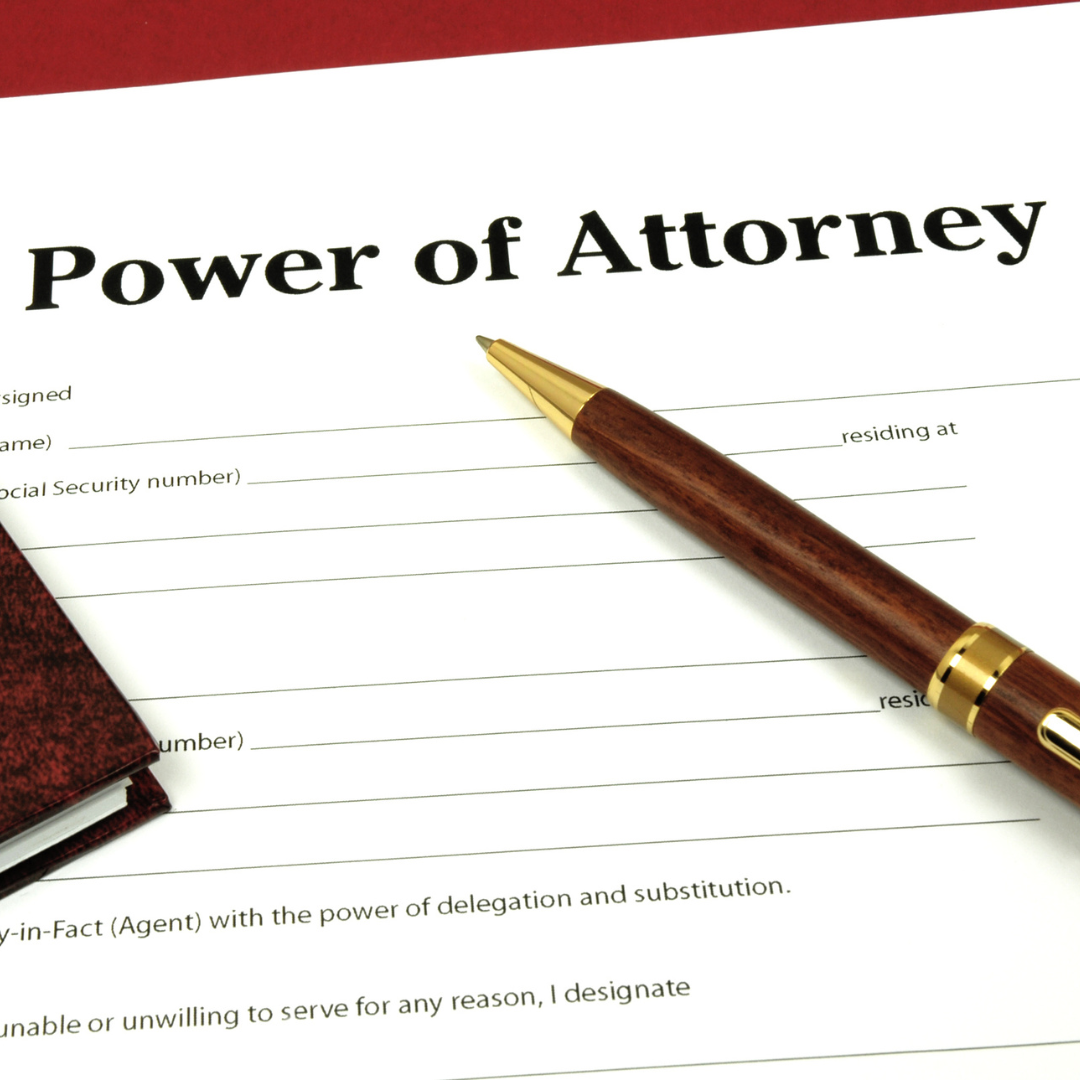Our industry focuses on doing all we can to keep our clients safe from fraud and scams, and we are constantly reminded through news reports that it does happen. The danger often seems very far away, so it’s easy to take this stance…”That could never happen to me.”
Fraud comes in many shapes and sizes, and as industry professionals, we are vigilant in protecting our clients from cybercriminals and scammers. Today, we would like to share a true story of identity fraud that is unique simply because, in this case, the parties involved all knew each other. The names have been changed, but the crime was very real.
 After years of marriage, Phillip and Sandy were going through a divorce. Dividing assets is part of the process, and one of the assets was their home. Phillip remained in the house while Sandy moved. The home should have been sold with the proceeds split evenly, but the property settlement wasn’t going well. Phillip thought the money should be his alone.
After years of marriage, Phillip and Sandy were going through a divorce. Dividing assets is part of the process, and one of the assets was their home. Phillip remained in the house while Sandy moved. The home should have been sold with the proceeds split evenly, but the property settlement wasn’t going well. Phillip thought the money should be his alone.
Phillip listed the property and told the attorney he was working with that he would need a power of attorney (POA) for his wife, Sandy. This isn’t an unusual occurrence, so the POA was prepared. (To learn more about power of attorney, click here.)
What should have happened next is that Sandy should have gone with Phillip to the bank to sign the POA before it was implemented. However, Jill, Phillip’s new girlfriend, looked very similar to Sandy and went with Phillip to obtain a power of attorney using Sandy’s driver’s license. The POA was notarized, and Sandy did not know of this. Phillip and Jill had unlawfully obtained a power of attorney.
Phillip brought the POA to settlement and signed the deed and all the documents. The keys were handed over, and the settlement was complete. All involved were happy until Sandy called the settlement company approximately two weeks later.
Sandy wanted to know how her house was sold without her permission and was informed of the POA. Sandy told them that she had never signed the POA and that she and Phillip were in the middle of a divorce. The deed signed by Phillip was fraudulent, which also meant that the buyer needed to be notified. Sandy may have had more rights to the property than the buyer since she didn’t sign the deed.
In the end, Sandy wanted the money from the proceeds of the sale of the home more than she wanted the actual house. Had she pushed the issue, she may have ended up with the home, but it quickly became an easy decision for Phillip. He was informed that either the police would be called or he would need to come in and sign a new deed. Also, the proceeds needed to be split evenly between Sandy and himself. Phillip and the real Sandy came in to sign new deeds, and Phillip gave over Sandy’s proceeds, plus a little more than he probably would have if the settlement had taken place correctly.
 While power of attorney is necessary at times, POAs can be misused. At Highland Title + Escrow, we ask for a new POA for settlements, even if the person already has a general POA. We offer that the new POA be signed in our offices as a first option to help prevent identity fraud.
While power of attorney is necessary at times, POAs can be misused. At Highland Title + Escrow, we ask for a new POA for settlements, even if the person already has a general POA. We offer that the new POA be signed in our offices as a first option to help prevent identity fraud.
If you have any questions regarding identity theft and the steps we have in place to prevent it, please contact us here.